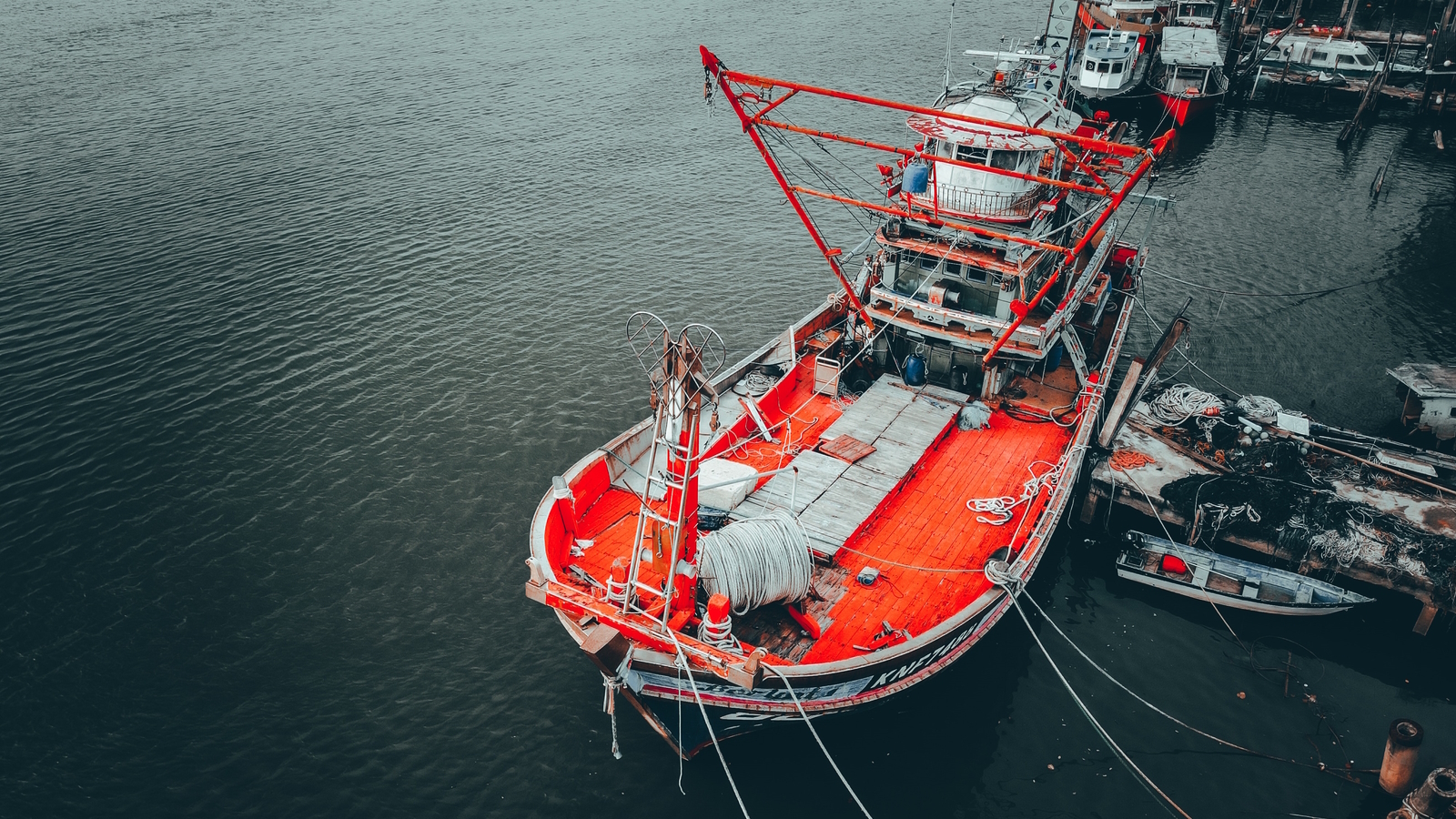Canada recently became the fifth World Trade Organization (WTO) member to accept an agreement that seeks to end harmful subsidies in the global fishing industry.
On May 2, Canada deposited its instrument of acceptance for the Agreement on Fisheries Subsidies, a WTO news release said.
“I warmly welcome Canada's swift and enthusiastic formal acceptance of the WTO Agreement on Fisheries Subsidies,” WTO Director-General Ngozi Okonjo-Iweala said. “This action, coming just days after Canada's generous donation to the WTO Fisheries Funding Mechanism, is a further demonstration of Canada's strong commitment to ocean sustainability through the WTO's work on fisheries subsidies, as well as its commitment to the WTO system as a whole. I applaud Canada for its leadership and urge other WTO member governments to follow suit in activating this agreement that is so vital for protecting our oceans today and for generations to come.”
Canada's contribution was presented to Okonjo-Iweala in Geneva by Nadia Theodore, the country's ambassador to the WTO.
“Consistent with our commitment to UN SDG 14.6 and sustainable global fisheries, Canada is pleased to be the fifth WTO member to deposit its instrument of acceptance for the WTO Agreement on Fisheries Subsidies,” Theodore said in the release. “The Agreement is the first environmental agreement to be negotiated at the WTO since its inception and makes important progress in addressing harmful fisheries subsidies, such as subsidies to illegal, unreported and unregulated fishing. Canada will continue to work with members to bring this Agreement into force.”
The Agreement on Fisheries Subsidies would impose new restrictions to limit harmful subsidies, which are a key contributor to depleting the world's fish stocks. It seeks an end to support for illegal, unreported and unregulated (IUU) fishing; fishing overfished stocks; and subsidies for fishing on the unregulated high seas.
The Agreement would also create a fund to provide technical assistance and capacity-building for developing and least-developed countries (LDCs) to help them become compliant with the new obligations.
Canada is now the second-largest fishing member to join the Agreement, which requires acceptance from at least two-thirds of the WTO members before it can go into effect.
The full text of the Agreement can be found here.

